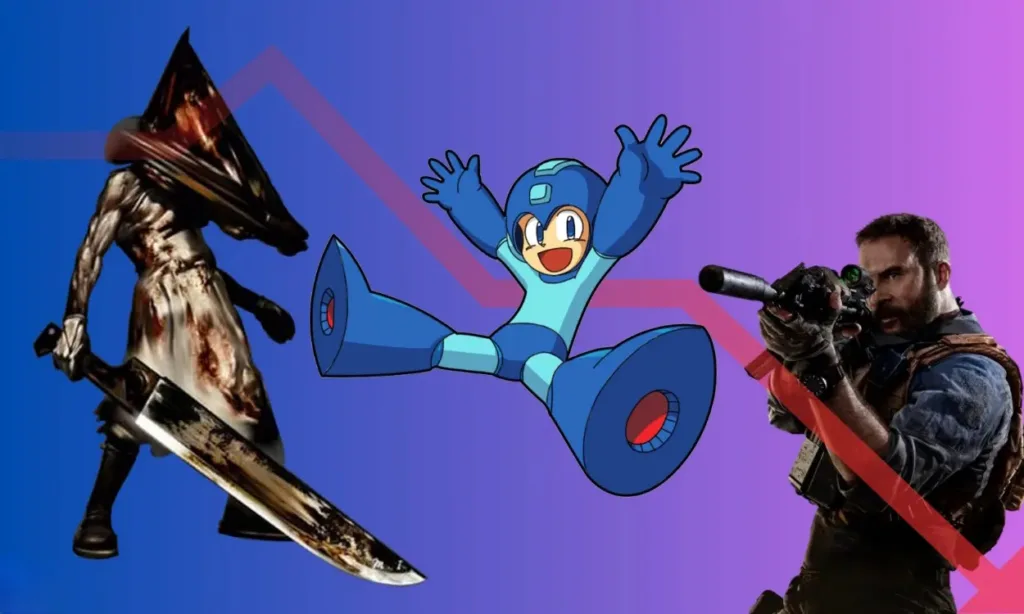
Every so often, a video game emerges that defies all expectations and becomes one of the best. Most developers recognize this and build franchises around it that stand the test of time. However, even the greatest video game franchises can sometimes decline. As a modern gamer with limited time, I understand the importance of playing only the best games the industry has to offer.
To save you time, I’ll discuss the games that started strong but gradually lost their appeal, often due to excessive focus on profit and overwork. My list includes franchises that lost their originality and gameplay value or simply became subpar. So, without further ado, let’s delve into the video game franchises that have declined over time.
7. FEAR
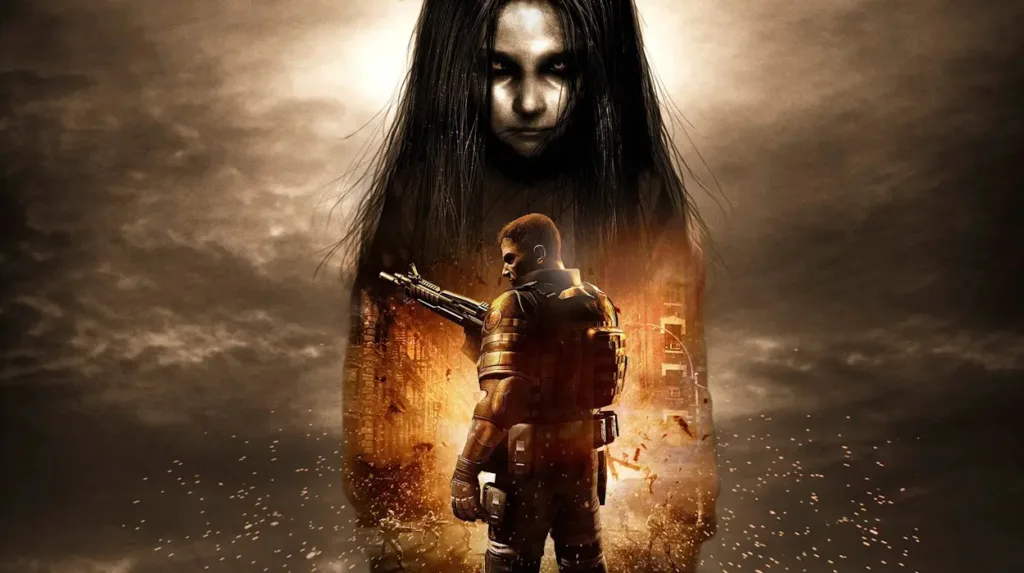
When FEAR debuted in 2005, it left a lasting impression with its stunning visuals, cinematic combat mechanics, and immersive horror elements. Alma Wade, the enigmatic protagonist, added a compelling layer of intrigue to the game, keeping players on the edge of their seats with every twist and turn.
However, the franchise’s trajectory took a turn with the release of FEAR 2, which marked a shift towards a more mainstream approach, diluting the unique blend of horror and shooter Aspects that rendered the original title so compelling.
Unfortunately, the downward spiral continued with FEAR 3, where the franchise underwent a further departure from its roots. The decision to rebrand the series as “F3AR” and the inclusion of multiplayer components in each installment detracted from the spooky and chaotic atmosphere that defined the earlier games.
While FEAR still receives some positive reviews, the series has undeniably lost much of its originality due to excessive experimentation and departure from its core identity.
6. Saints Row

Saints Row, initially released in 2006, didn’t immediately capture the attention of gamers but gradually gained recognition for its zany gameplay. With the arrival of Saints Row 2, the franchise began to establish itself as a cult favorite, thanks to its irreverent and over-the-top style.
However, this upward trajectory was short-lived. Despite introducing new features and improved visuals, Saints Row 3 felt lackluster compared to its predecessors. This disappointing trend persisted with Saints Row IV and its subsequent expansion, Gat out of Hell, as the series’ trademark quirky charm started to lose its allure, feeling increasingly stale and repetitive.
Hopes were high for the latest installment of Saints Row. Unfortunately, the disastrous launch of Saints Row in 2022 dashed those expectations. Given the circumstances, it seems unlikely that we’ll see any more entries in the franchise anytime soon. Perhaps it’s for the best, allowing the series to take a much-needed break and potentially return with a fresh perspective in the future.
5. Ninja Gaiden
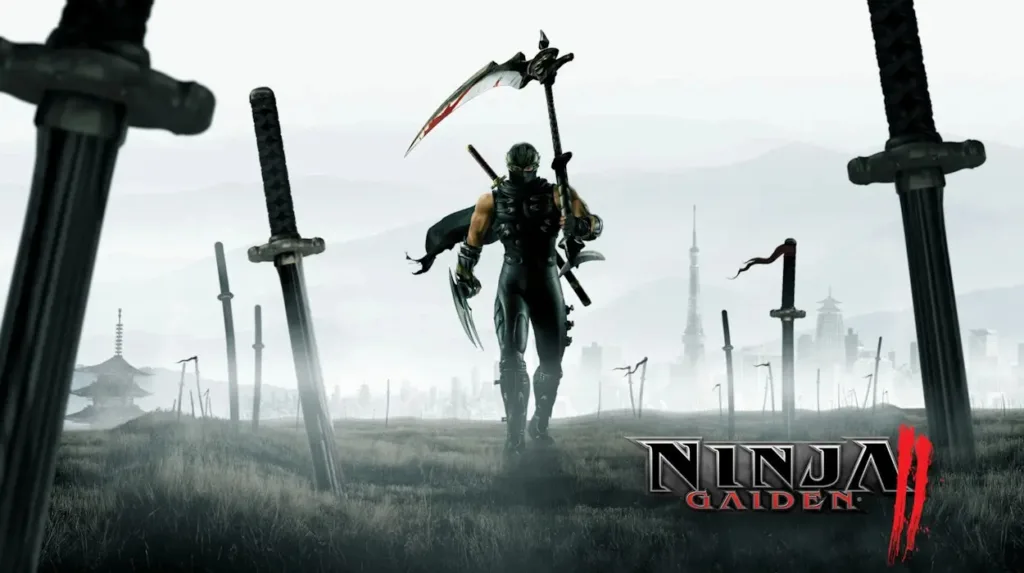
There’s a common apprehension among gamers regarding remakes and remasters, often stemming from the fear of these titles either remaining too faithful to the original with only minor tweaks or diverging so much that they lose the essence of what made the original great.
Ninja Gaiden, however, struck the right balance. Building upon the success of its original arcade trilogy and subsequent releases, Team Ninja heeded the calls of fans and revamped the Gaiden series for a new generation of players.
The franchise boasted a winning formula: visceral gore, impeccable controls, engaging mechanics, satisfying enemy encounters, and challenging gameplay pacing. This winning streak continued with a successful sequel that retained the essence of the original while introducing even more brutal and enjoyable features.
However, in 2012, Team Ninja attempted to achieve perfection with Ninja Gaiden 3, only to miss the mark entirely. Despite aiming for significant improvements, Gaiden 3 lacked the elements that defined the series, such as its enjoyable gameplay, graphic violence, and challenging difficulty. It became evident that the franchise had lost its way. Even with a re-release attempting to rectify the damage, the damage had already been done.
Following the disappointment of Gaiden 3, subsequent entries failed to revive the franchise’s former glory, including spin-offs like Yaiba. Ninja Gaiden, once celebrated by many, fell victim to overthinking and the addition of unnecessary elements to an already successful formula. This serves as a reminder that sometimes, simplicity is key, and less can indeed be more.
4. Medal of Honor
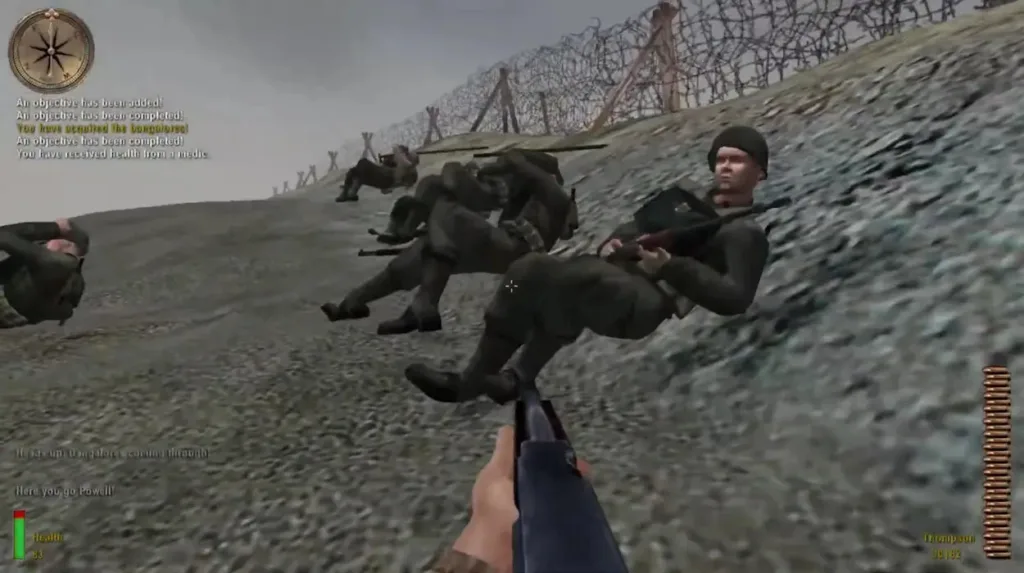
Surprisingly, the Medal of Honor franchise finds its way onto this list, despite its illustrious beginnings. In 1999, the series debuted on PlayStation, co-created by Steven Spielberg and EA, delivering a cinematic war-themed experience that set the standard for the genre.
Medal of Honor’s portrayal of World War II was groundbreaking, offering players an immersive glimpse into the battlefield. Despite changes in development teams, titles like Allied Assault and Frontline continued to uphold the franchise’s originality and immersive gameplay.
However, the downfall began with Rising Sun. Despite attempts to recreate the horrors of Pearl Harbor, the execution fell short, signaling a departure from the franchise’s initial brilliance. Subsequent releases followed a formulaic approach, lacking the innovation and impact of the earlier titles. The essence of war felt diluted, cinematics failed to impress, and gameplay struggled to keep pace with competitors.
Had EA focused on evolving the original concept with improved gameplay, the franchise could have thrived. Unfortunately, a disconnect with the player base and a failure to innovate ultimately led to the downfall of Medal of Honor.
3. Megaman X
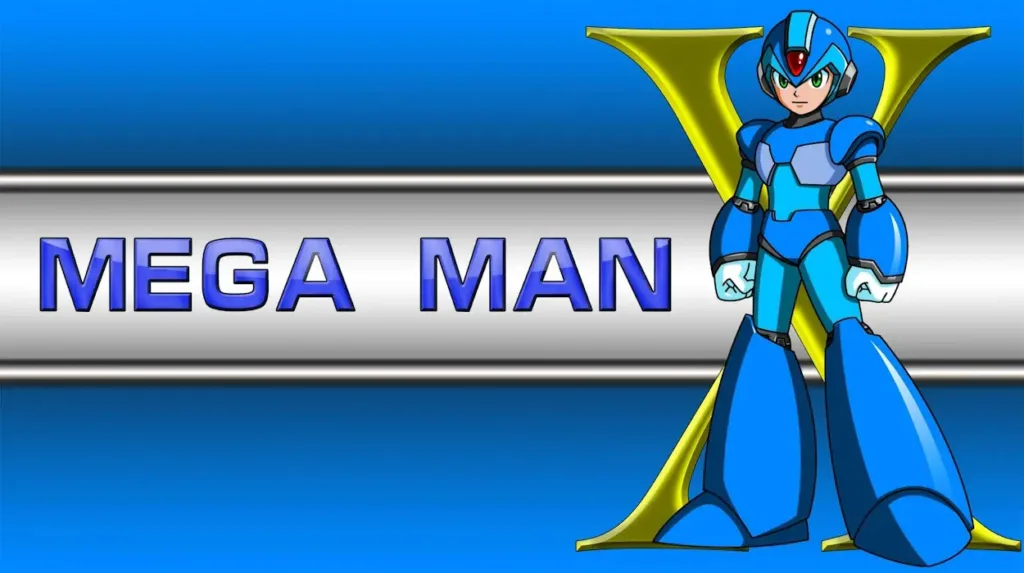
As a cherished memory from my childhood, booting up my Sega Saturn to play Megaman X3 remains a highlight. The game struck the perfect balance of fun and challenge, keeping me engaged and on my toes. Revisiting earlier titles like Megaman X and X2 only heightened my appreciation, offering even more gameplay depth and platforming thrills. However, as I delved deeper into the series, it became apparent that Megaman X was losing its allure.
While Megaman X4 managed to retain some of the originality, subsequent sequels fell short. The once captivating gameplay began to feel stale and repetitive, with Megaman X5 proving mediocre and X6 outright disappointing.
Despite attempts at redemption with X7 and X8, the franchise failed to recapture its former glory, with the magic seemingly lost. The decline in quality was so drastic that some fans may not even recall the franchise’s extensive library of titles. In this instance, perhaps it’s best to let certain memories fade into obscurity.
2. Call of Duty
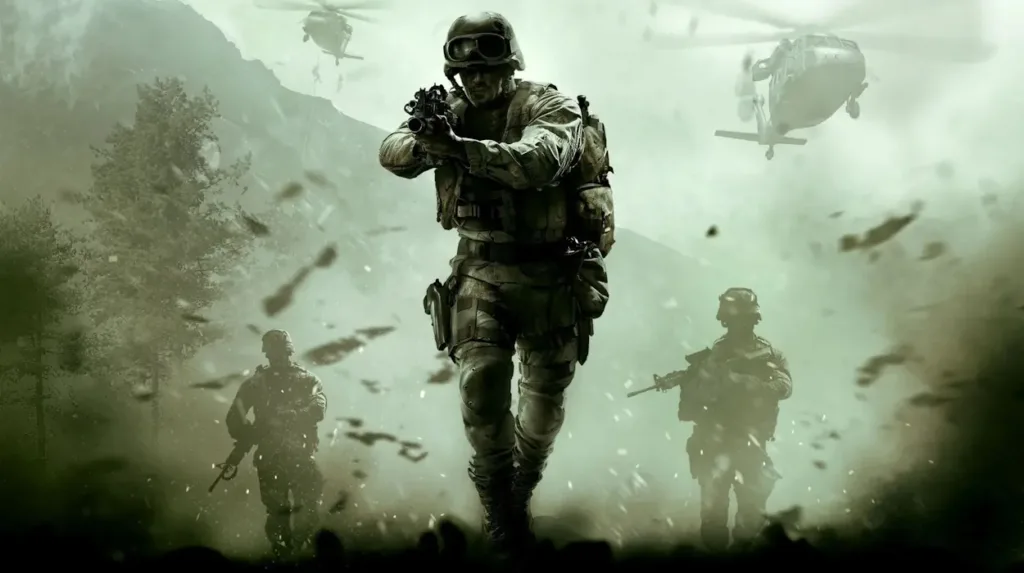
Call of Duty holds a special place among my favorite video game franchises. From its inception, Activision ensured the series maintained a gritty, immersive wartime atmosphere that resonated with players. The intense battle sequences, refined combat mechanics, and captivating storytelling were hallmarks of every Call of Duty installment.
Titles like COD 4 (Modern Warfare), Black Ops (1&2), and COD: Modern Warfare 2 epitomized the frenetic chaos of FPS gaming, offering everything fans could desire. While the third Modern Warfare installment didn’t quite match its predecessors, it still delivered believable single-player campaigns and enjoyable multiplayer experiences.
However, the yearly release cycle eventually took its toll. While it worked initially, with successes like Modern Warfare and Black Ops until 2013, subsequent releases like COD: Ghosts failed to live up to expectations. The gameplay felt lackluster, signaling that Activision had transformed the franchise into a mere cash-grab.
Half-hearted entries such as Advanced Warfare, COD: WW2, Vanguard, and the 2019 Modern Warfare remake followed suit. The infamous launch of COD: Modern Warfare 3 campaign further solidified the perception of a repetitive formula aimed at exploiting gamers.
Even the promising Warzone battle royale mode lost its appeal as developers churned out lackluster content updates. Despite the decline, many fans still cling to hope that the franchise will reclaim its former glory. However, I remain skeptical, unwilling to hold my breath for a miraculous return to greatness.
1. Silent Hill
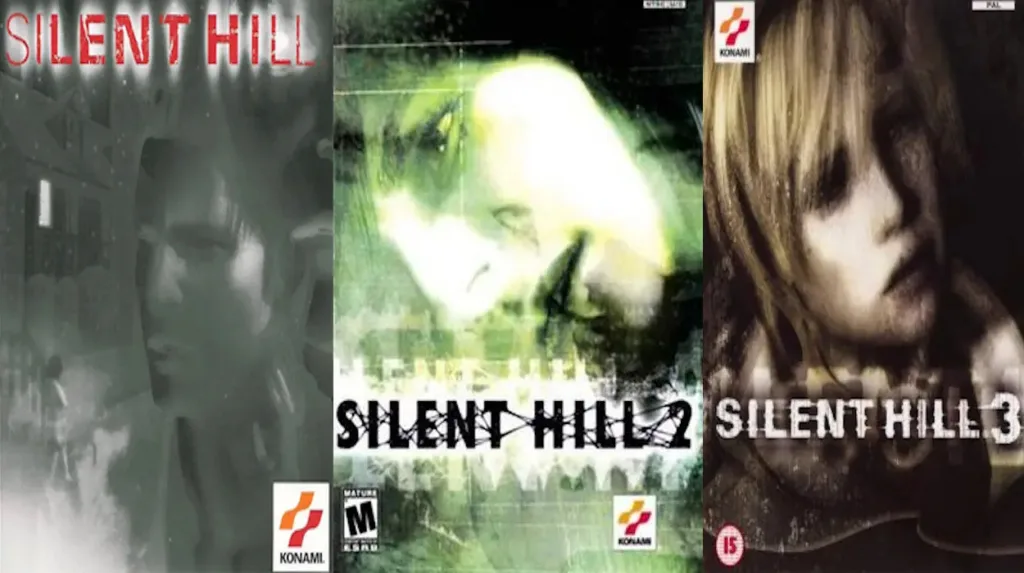
The top spot for franchises that have plummeted in quality unquestionably belongs to Silent Hill. While the decline may have seemed inevitable, it didn’t start out that way. Developed by a small team at Konami, the original Silent Hill exuded the essence of perfect horror. The trilogy that followed garnered critical acclaim and enjoyed widespread global recognition. Even the fourth installment attempted to introduce something unique to the experience, albeit with mixed results.
However, this streak of sequel perfection was short-lived. The first misstep from Konami arrived in the form of Homecoming, where unnecessary changes marred the game’s essence. The downward spiral continued with Silent Hill: Downpour, which felt disconnected from the franchise altogether. Despite Konami’s efforts to salvage the series with Shattered Memories, they fell short.
Spinoffs and short experiences like the Short Message were sprinkled in, but they failed to recapture the franchise’s former glory. My only glimmer of hope lies in the potential success of the Silent Hill 2 remake, which I hope will restore the original flavor and reignite the franchise’s spark.
Honorable Mentions:
Before concluding the list, I’d like to give an honorable mention to the Tony Hawk’s Pro Skater franchise. Initially focused on emulating skateboarding in the virtual world and featuring cool tricks, the franchise took a gimmicky turn after the fifth edition. Unfortunately, Activision, as mentioned earlier, has a reputation for such missteps after producing successful games.
Do any of these games not deserve their spot on the list? Or perhaps there are even worse contenders out there? Let us know in the comments below.




